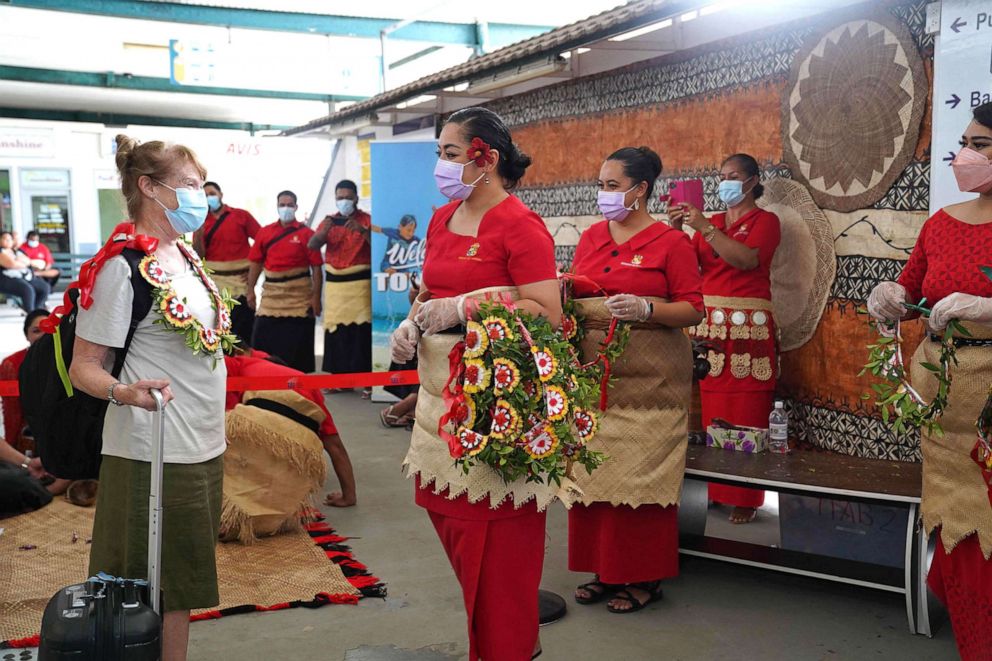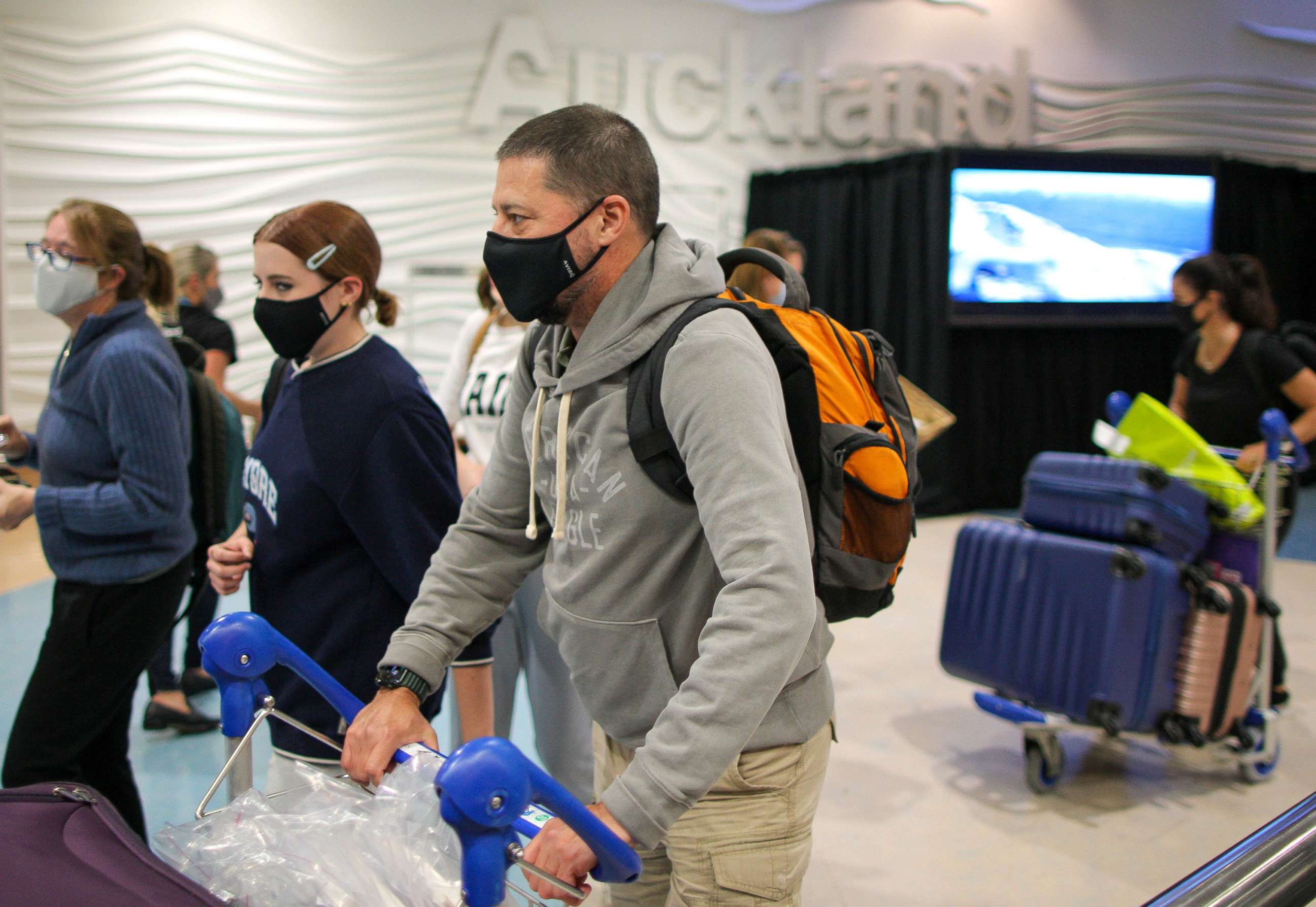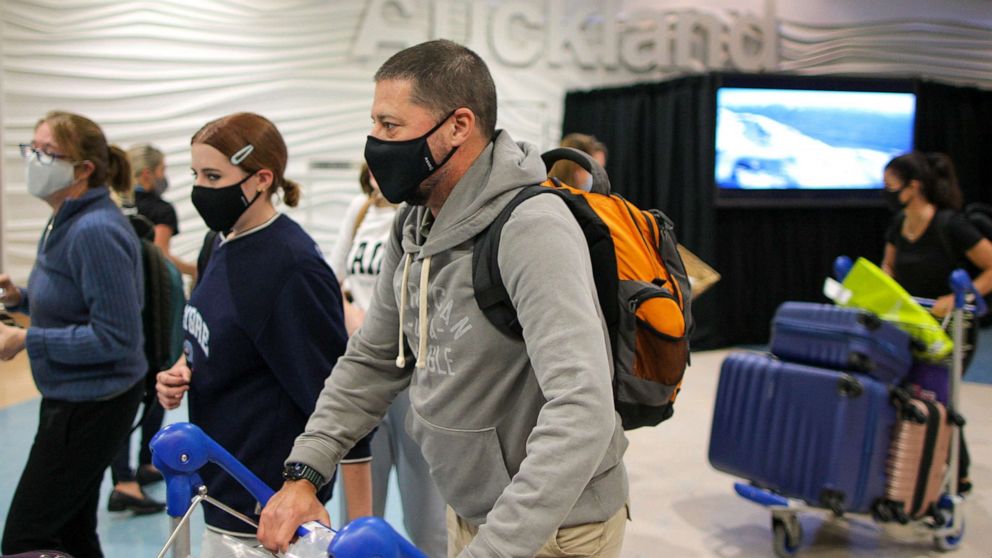New Zealand fully reopens borders for 1st time since COVID pandemic
New Zealand fully has reopened its borders for the first time since the COVID-19 pandemic hit, making it the final Western country to do so.
The reopening, which went into effect at midnight local time Sunday, means tourists from all over the world and international students will be allowed to enter the country. Cruise ships and foreign yachts will also be able to dock at ports.
Most visitors are still required to provide proof of vaccination before being allowed to enter the country but there are no quarantine requirements.
People traveling by air are also required to complete two rapid negative tests before arriving and people traveling by sea must test upon disembarking.

Those not required to show proof of vaccination include New Zealand citizens and permanent residents; Australian citizens living in New Zealand; children aged 16 and under; refugees; people arriving from Antarctica; citizens of Afghanistan being evacuated; and those who can't be vaccinated for medical reasons.
During a speech at the China Business Summit in Auckland Monday, Prime Minister Jacinda Ardern called the reopening an "enormous moment," saying it had been "a staged and cautious process."
"We, alongside the rest of the world, continue to manage a very live global pandemic, while keeping our people safe," Ardern said. "But keeping people safe extends to incomes and wellbeing too."
She continued, "And as a value-added exporting country which depends on consumers around the world choosing our products to ensure our economic security, our key message is that we are open for business."
New Zealand first announced plans to reopen in February, nearly two years after the borders closed in March 2020.
Fully vaccinated New Zealand citizens and other eligible travelers from Australia were allowed to enter at the end of February and fully vaccinated New Zealanders from the rest of the world in March.
Since then, restrictions have continued to ease up to the border fully reopening.
Officials celebrated the reopening, including Tourism Minister Stuart Nash and Immigration Minister Michael Wood.
"Prior to the pandemic, the international education sector was worth several billion dollars to our country and education providers," Wood said in a statement. "While we've continued to support the sector with border exceptions through the pandemic, the full resumption of visa processing is great news for our universities, polytechnics and wānanga, and schools, English language schools, and private training establishments."

Nash said the return of cruise ships, in particular, will help boost the economy because the industry brought in more than $500 million per year pre-pandemic.
"Today's change in border settings marks the final milestone for our reconnecting strategy," Nash said in a statement. "This is great news to the tourism industry and economy as we approach spring and summer with people from the Northern hemisphere booking their winter holidays. We've heard optimistic messages from tourism operators who are ready to welcome back international visitors from all over the world."




